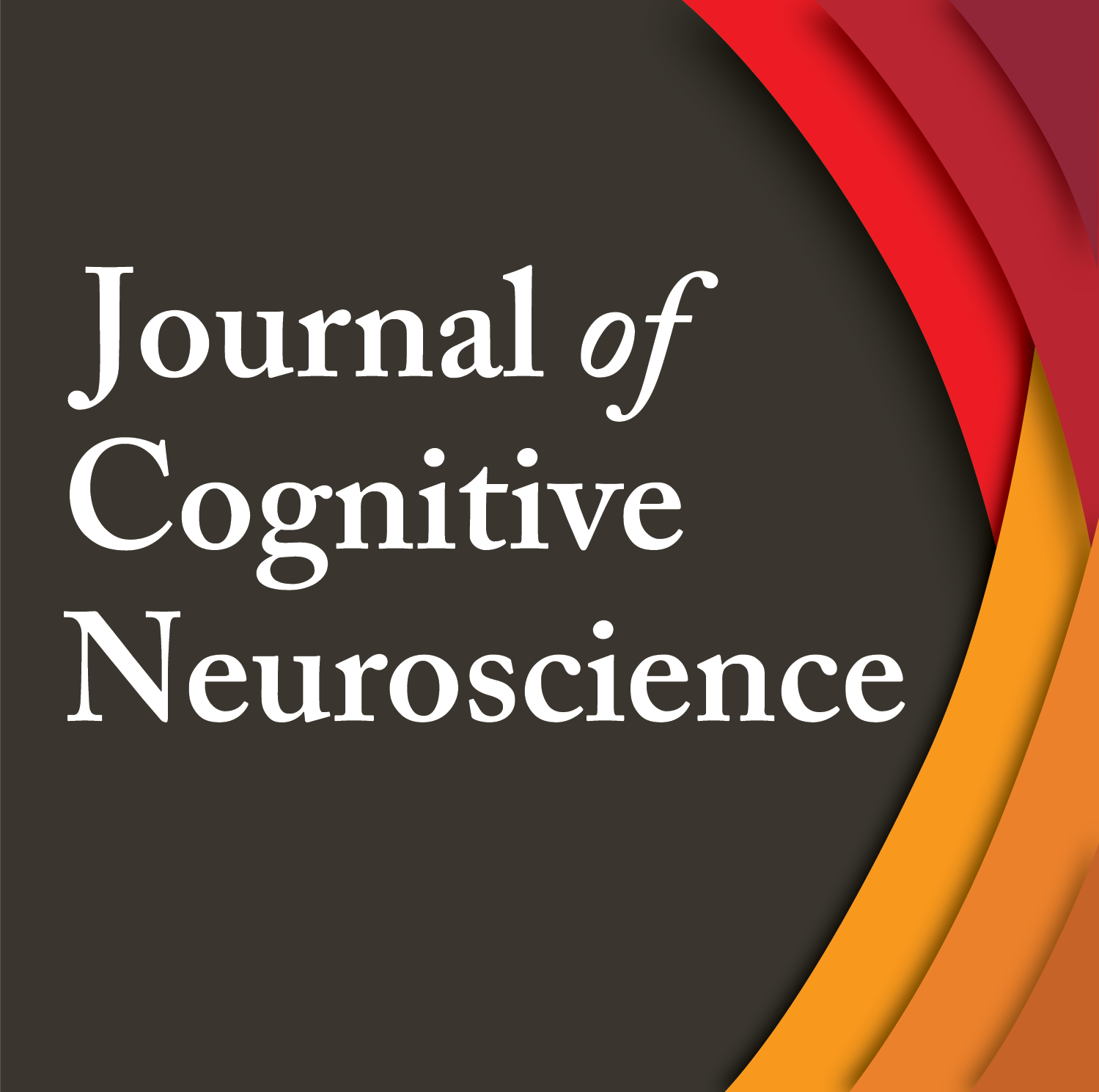Abstract
Event-related brain potentials (EMS) were recorded while normal German subjects read either simple declarative sen- tences made up from real German words, or sentences that contained German pseudo-words instead of nouns and verbs. The verb (pseudo-verb) of the sentences disagreed in number with the subject noun (pseudo-noun) in 50% of the sentences. The subjects had the task either to read the sentences for an interspersed memory test (memory condition, pseudeword sentences only) or to make a syntactic judgment after each real-word/pseudo-word sentence.
While in the real-word condition a late and widespread positivity resembling the previously described syntactic positive shift was found for the disagreeing verbs, a negativity with an onset latency of about 300 msec was seen for the disagreeing pseudo-verbs. In the pseudo-word conditions no positivity followed the initial negativity. This dissociation of negative and positive waves occurring in response to morphosyntactic mismatches by the pseudo/real-word manipulation suggests that the positive shift is a concomitant of a recomputation routine initiated to account for the number incongruency. This routine is based upon the semantics of the sentence and therefore is not observed in the pseudo-word conditions. The earlier negativity, on the other hand, appears to be a more direct index of morphosyntactic incongruency.

